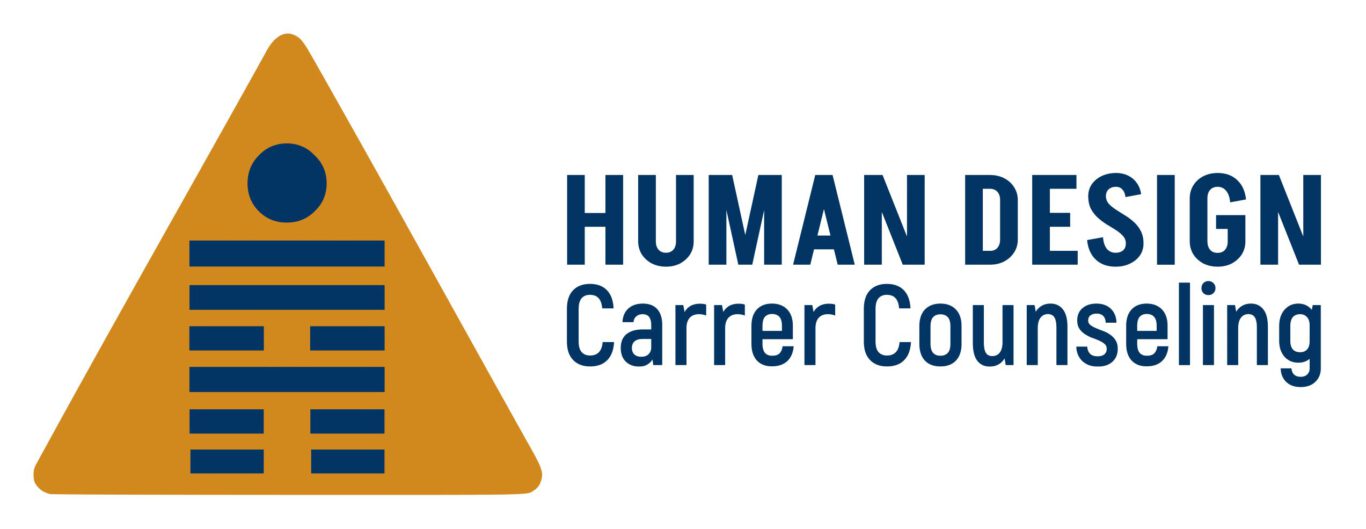Human Design has gained tremendous popularity in recent years and while it is seen by many as a helpful tool for self-discovery and life coaching, there is a growing group that is asking: is Human Design a cult? The search term “Human Design cult” is being Googled more and more frequently as its popularity grows. Statements like “Human Design sucks” or “This Human Design nonsense” are also part of it.
Therefore it becomes more and more important to understand and classify the facts and opinions about this topic. In this blog post I will try to bring light into the darkness and illuminate the different perspectives on Human Design. Have fun reading!
The popularity of Human Design
Since the discovery of Human Design by Ra Uru Hu during an eight-day revelation by a mysterious voice in Ibiza in 1987, the system has gained a steadily growing following. Statistics show that the number of online searches on the subject has increased by over 200% in the last five years.
But despite its growing popularity, as with so many things that don’t follow logic, there are also growing numbers of Human Design critics. Some simply say that Human Design is annoying, while others, often because of its passionate followers, speak of a Human Design cult. Of course, Human Design is also flooding social media. In the midst of this debate, it is important to understand both the principles of Human Design and the controversies that surround it. But for the sake of transparency, let me briefly review the definition of a cult and Human Design.
What is cult?
A cult is often a religious or social group that sets itself apart from the majority through extreme beliefs or practices. It is usually led by a charismatic leader and has strict rules and structures. Critics often point out that cults can manipulate and isolate their members so that they only have contact within the group.
Wikipedia defines a cult, mutatis mutandis, as follows: cult is used as a term for religious, philosophical, or political movements and their members. This word describes communities that deviate from dominant views through their particular beliefs, doctrine, or ritual, and are often at odds with these mainstream positions and their proponents. You can find the exact definition here.
What is Human Design?
Human Design, as opposed to a cult, is a self-discovery system used in this context for self-discovery in a professional context. Human Design combines elements from astrology, the I Ching, Kabbalah and chakra teachings to create an individual “design” (or fingerprint, blueprint) of a person. I use the Human Design System in particular to help my clients gain a deeper understanding of themselves and their professional path.
Wikipedia defines Human Design as follows: Human Design is an esoteric approach that presents itself as a system of personality diagnosis that determines a person’s individual characteristics based on when they were born. You can find the definition here.
Discussions about the “Human Design Cult”
One of the most explosive hypotheses is whether Human Design and its followers have characteristics of a cult. Critics equate this with a cult feeling similar to that of a Human Design cult, which is cultivated as in a club. Even though there are certainly communities today that experiment more intensively with the Human Design system than others (in the course of my readings, for example, I heard about the Human Design Villa in Portugal) , there is no sectarian behavior to be seen.
On the other hand, the proponents (and this includes Human Design vocational counseling) emphasize the positive effect and individual self-discovery that the system offers. Ra Uru Hu emphasized during his lifetime that Human Design should be accessible to all people and that no institution should keep the information under lock and key or claim authorship.
The characteristics of a cult and their application to Human Design
To assess whether Human Design is a Human Design cult, we can check it against the common criteria for cults:
- Strong central leadership: Although Ra Uru Hu is certainly a central figure in spreading human design, there is no central leadership structure that controls its followers.
- Isolation from the outside world: Cults often tend to isolate their members from the outside world. In Human Design, there are no such policies.
- Manipulative Practices: While critics might argue that any form of life support is manipulative, there is no evidence that Human Design is specifically manipulative. Human Design experts point out that Human Design is specifically an experiment to which one can indulge in an intensity of one’s own choosing.
- Exclusive Truth Claim: While Human Design claims to offer unique insights into personality, it does not claim to be the one true way or the only valid system. In doing so, the cat would also bite its own tail, as Human Design is composed of several disciplines.
- Strict rules and discipline: In Human Design there are no overriding rules or penalties that all followers must follow.
- Economic exploitation of members: while there are paid courses, readings, and materials, there is no systematic financial exploitation as is associated with many cults (although some quoted prices for Human Design readings or courses make me flap my ears).
Based on these criteria, Human Design does not meet the typical characteristics of a Human Design cult. However, it must be emphasized that the Human Design system (like any system) can be abused behind closed doors for cult-like behavior.
The role of Human Design career counseling
Human Design vocational counseling aims to help individuals better understand and utilize their unique talents and abilities in a vocational context. By analyzing personal design, I provide guidance on what career paths or work environments might be the best fit for an individual.
Many seek this type of counseling to overcome career dissatisfaction or to find a more meaningful career path. It is important to me that my clients try out the theory in practice and not let it gather dust in a drawer as a book with 7 seals. Practical self-knowledge does not come from now on, but step by step on the path of life. With the knowledge gained from a personal Human Design Reading, Human Design then works according to the motto of the writer Martin Walser: “The way shoves itself under the feet of the one who walks.” (Always these sayings)
My counseling provides useful information and perspectives to help you make an informed decision, whereas cult-like influence seeks to specifically steer someone in a certain direction or change their mind about a predetermined option. While career counseling focuses on objectivity and support, cult behavior focuses on achieving a specific outcome or behavior.
The importance of transparency and education
Transparency and education are essential to ensuring that people can make informed decisions based on clear and honest information. In systems such as human design, they help avoid misunderstandings and identify potential manipulation. They increase confidence in the methodology and ensure that users can interpret their experiences and findings in a safe and informed framework. I hope I was able to contribute to this with this blog article.
Conclusion
Human design has undoubtedly gained attention in recent years and, like many popular systems, has generated a number of debates. While some people express concerns and draw parallels to cult-like structures, careful consideration shows that Human Design does not meet the characteristics of a cult. It is and remains a tool for self-discovery that – with the necessary transparency and clarification – can support people on their personal and professional path.
How intensively and in which way one deals with Human Design is ultimately up to each person. Are you motivated to get to know your personal Human Design from a professional perspective? Then feel free to write me here.
Because the working world needs your uniqueness: Get clarity about your vocation with Human Design now. Click on the button below and order your written Human Design Analysis!
FAQ: Questions about the Human Design Cult
Is Human Design similar to a cult?
Human Design is often misunderstood and sometimes labelled as a cult. However, it is not a religious or sectarian system, but a tool for self-discovery that combines elements from various disciplines such as astrology, I Ching, Kabbalah and chakra teachings. It aims to provide individuals with a deeper understanding of their personality and potential.
What distinguishes Human Design from a cult?
Unlike cults, which are often characterised by strict belief systems, hierarchical structures and control by a charismatic leader, Human Design offers a system of self-reflection without dogmatic guidelines. It encourages individuals to take responsibility for their Human Design Chart and explore their uniqueness.
Why is there sometimes talk of a Human Design cult?
Human Design can sometimes be misunderstood due to the fervour of its proponents. The use of symbols and specific terms can seem unusual to outsiders. However, it is important to emphasise that Human Design is a tool for personal development and is not sectarian in nature.
Thomas ist Inhaber der Human Design Berufsberatung und von TW Coaching & Consulting. Er ist Systemischer Coach, Emotionscoach und Human Design Experte. Nach 20 Jahren Berufserfahrung in der Wirtschaft widmet er sich heute in seiner Coaching-Tätigkeit psychologischen und spirituellen Themen rund um die Berufung und Persönlichkeitsentwicklung

